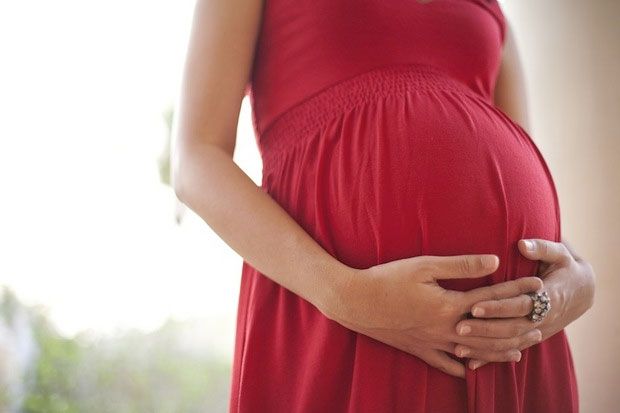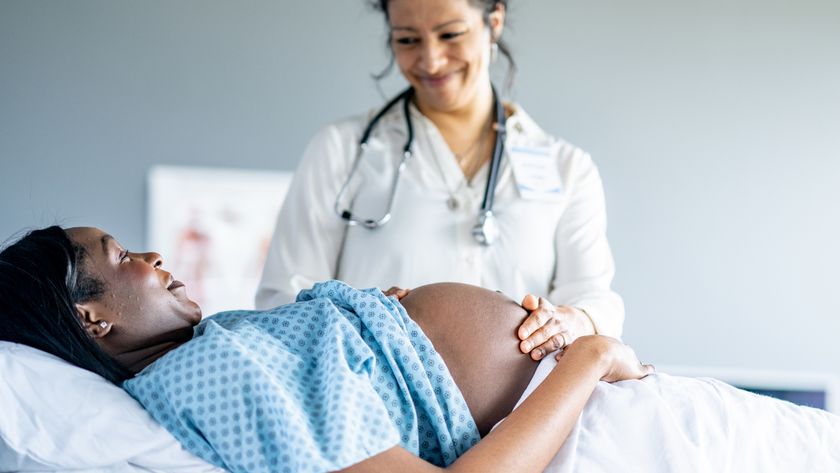Having 5 or More Pregnancies May Affect Heart Health

CHICAGO — Having five or more children could increase women's risk of developing heart disease, a new study in Hispanic and Latina women finds.
Researchers studied 855 women of several Hispanic backgrounds ages 45 years and older in Chicago, Miami, San Diego and New York, and found that women who had five or more children were three times more likely to have a heart problem that could result in heart failure compared with women who had never had children.
"During pregnancy, in order for a woman to support a fetus, her cardiovascular system has to undergo immense adaptations," said study researcher Dr. Shivani Aggarwal of Wake Forest School of Medicine in Winston-Salem, North Carolina. These changes include the thickening of the heart muscles — which can result in as much as a 50 percent increase in the heart's mass — as well as increases in cardiac output and heart rate. [8 Odd Changes That Happen During Pregnancy]
"All of this is thought to be reversible," Aggarwal said. However, studies have suggested that, in women who have been pregnant more times, the changes may persist after giving birth, she said.
Previous studies also have found a link between having multiple pregnancies and the risk of heart disease, but the issue hasn't been studied in Hispanic women, even though this group has a high rate of multiple pregnancies compared with other ethnicities, the researchers said.
In the new study, the researchers found that the majority of women had two or three children, and 12 percent of the women had five or more.
Among the women with five or more children, 85 percent had a heart function problem, called diastolic dysfunction, which is a decline in the heart's performance in the relaxation phase of the cardiac cycle.
Sign up for the Live Science daily newsletter now
Get the world’s most fascinating discoveries delivered straight to your inbox.
Among the women with two to four children, about 60 percent had diastolic dysfunction. Among women who didn't have children, 50 percent had diastolic dysfunction, which was unexpectedly high as well, Aggarwal said.
The researchers also found that 27 percent of all women in the study were using medication to control high blood pressure.About 25 percent of the women had diabetes, and 42 percent had pre-diabetes, meaning their blood sugar levels were high but not high enough to be considered diabetes.
Both high blood pressure and diabetes are risk factors for developing diastolic dysfunction and heart failure, but when the researchers adjusted the results for age, weight and health of the participants, they found that women with five or more children were still three times more likely to have diastolic dysfunction than women with no children.
The findings suggest that the number of children a woman has may be a "novel, underappreciated" risk factor for diastolic dysfunction, and physicians should consider this when they treat women with heart failure, Aggarwal said.
More research is needed to better understand the changes to the heart and the body that occur during pregnancy and their harmful consequences on the heart's function leading to heart failure, Aggarwal said.
The study was presented Monday (Nov. 17) at the meeting of the American Heart Association in Chicago.
Email Bahar Gholipour. Follow Live Science @livescience, Facebook & Google+. Originally published on Live Science.


'Love hormone' oxytocin can pause pregnancy, animal study finds

'Mini placentas' in a dish reveal key gene for pregnancy










